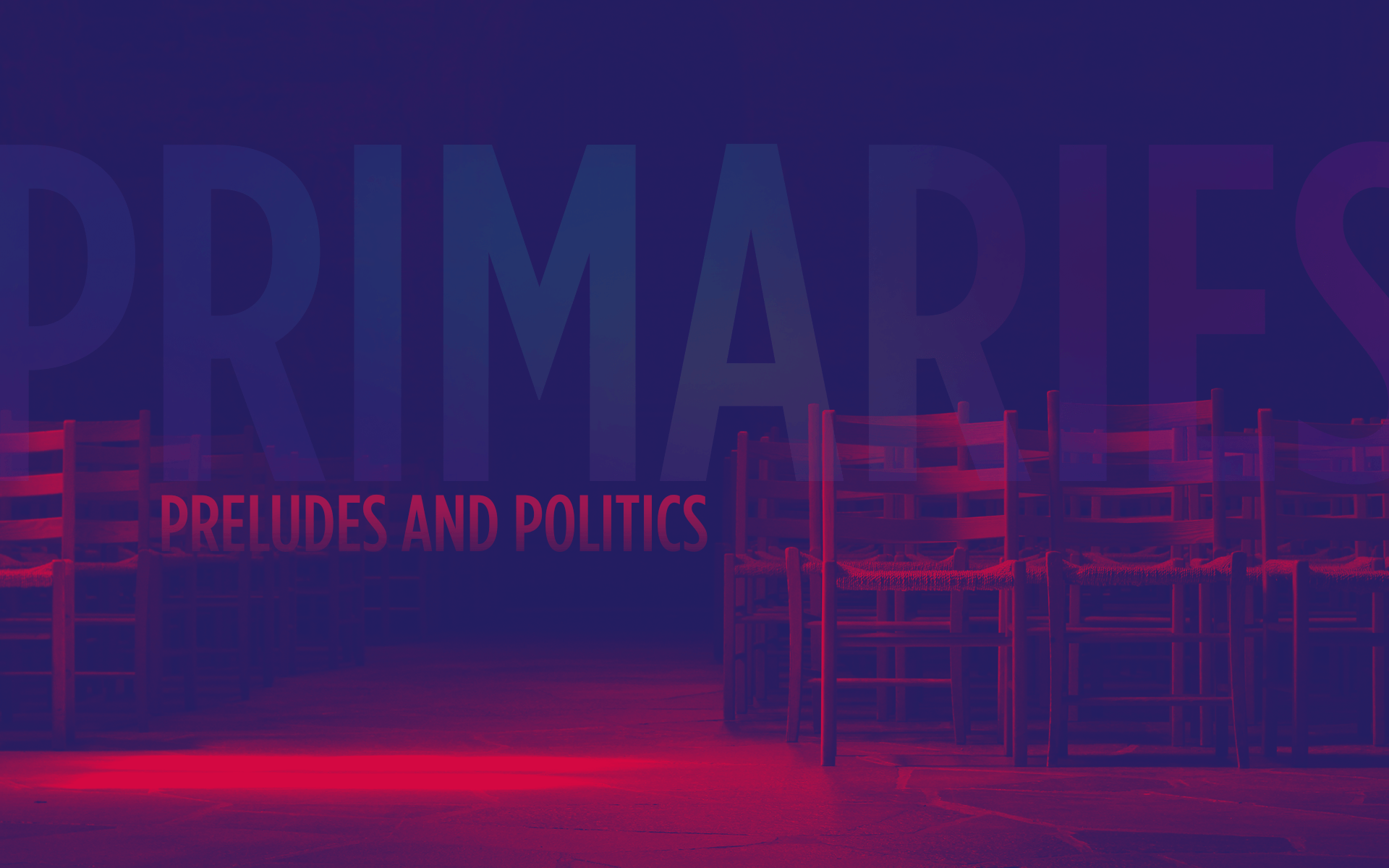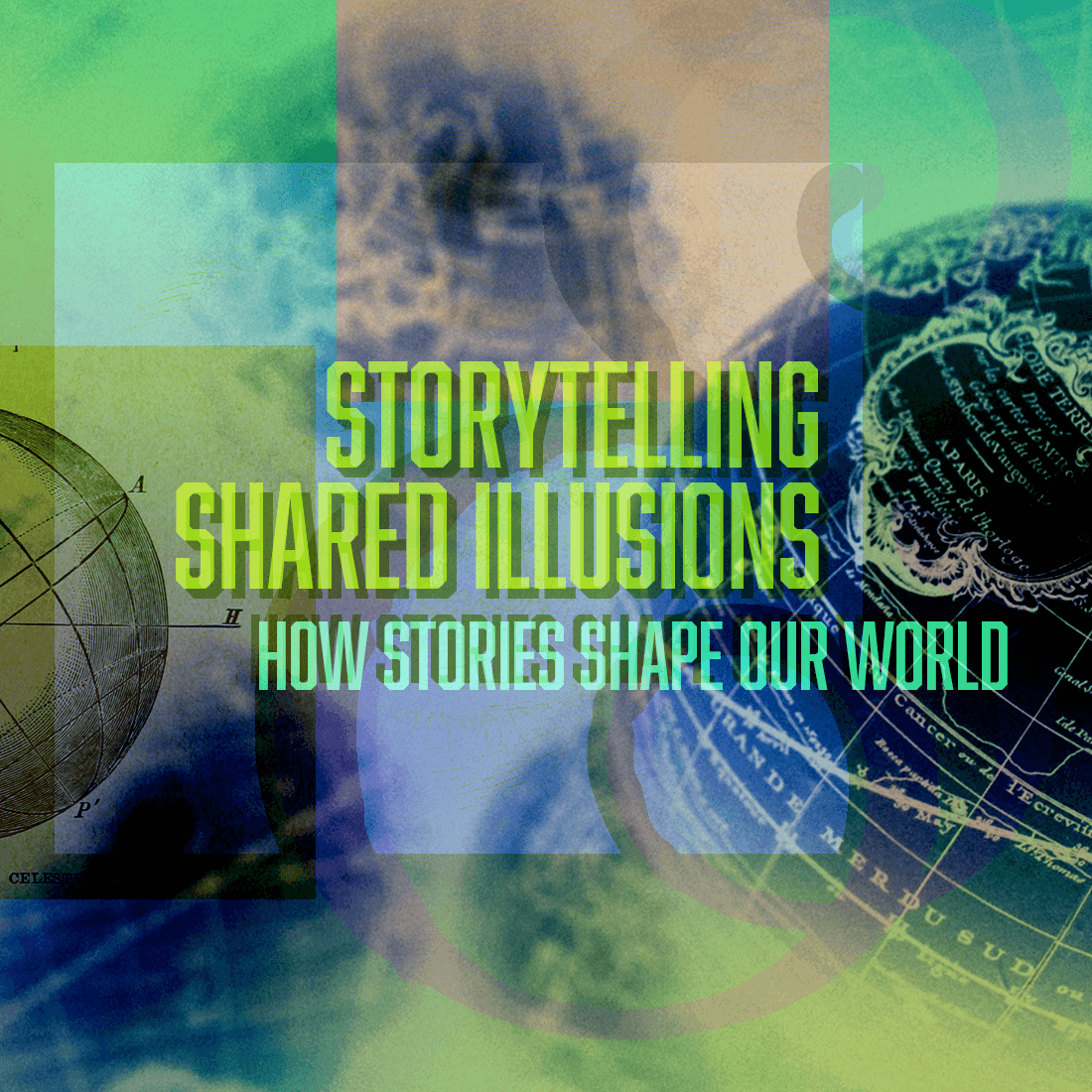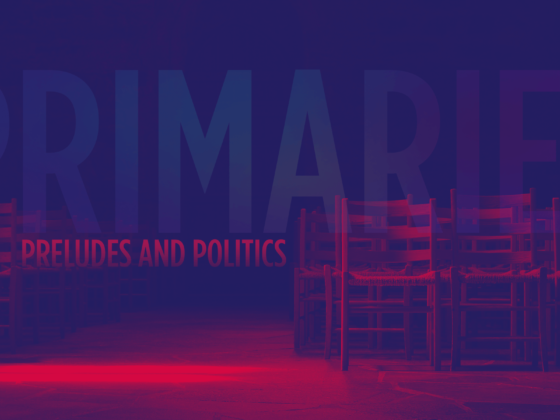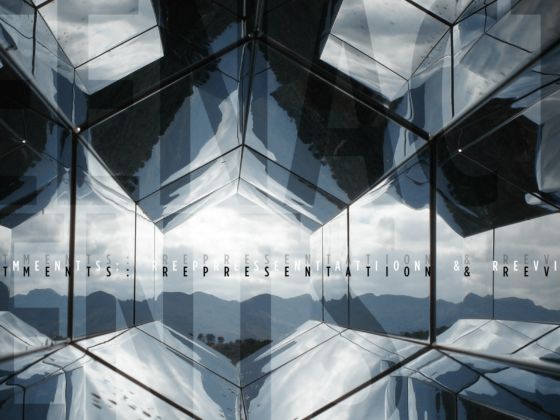edited by NATALIE GALLAGHER

*This piece was compiled from separate interviews with each individual writer.
Editor’s Note: due to unforeseen circumstances, Mar J. Cox wasn’t able to participate in the interview.
Act I: Meet The Cast
Please introduce yourselves…
T. Chase Meacham
Well, I work in the theatre as a marketing person. And I am a big fan of writing for the theatre, which I’ve been doing since college.
Katie Bellamy Mitchell
I’m from Old Town, Alexandria, Virginia. I got a B.A. in English and Philosophy at Georgetown [University]. I am an ice hockey player [and] an ice skater. Right now I’m interning at Amnesty International.
Natalie Gallagher
I just started a Ph.D. program in Psychology at Northwestern University, specifically Cognitive and Social Psychology. I live in Chicago now. I’m from Jersey. And I really like to build things.
Swedian Lie
I went to Georgetown [University], graduated with a degree in Fine Arts and Theatre & Performance Studies, and then got a job at a digital marketing firm as a graphic designer, focusing on political campaigns. I recently moved back home for about a year now, to Jakarta, Indonesia.
Kelley Kidd
I’m currently living in San Francisco working as a project coordinator for TransPerfect Translations.
Awesome! What should readers know about you?
Swedian Lie
I am obsessed about the design of life, if that makes any sense. I’m obsessed with the ways design is such an integral part of the way we function and the way we interact with each other.
T. Chase Meacham
I’m very neurotic. I want people to know that. A little persnickety. Sort of a creature of habit. Trapped inside routines. And I spontaneously flew to New York today! Spontaneously. 24 hours notice.
Katie Bellamy Mitchell
I mean, there’s all kinds of important facts about me, like I can lick my elbow. The one I feel pretty strongly about right now [though] is that I want people to know that it’s okay to be a humanities major. Or to just do what you love, honestly. If people have to know something, I think this is what I want them to know.
Natalie Gallagher
I try to be looking for and finding new ways to look at the world, new people, new contradictions. I am much more interested in dialogue than monologue.
Kelley Kidd
Something I have been playing with and thinking about a lot is a sense of identity, because moving to a new place and living with a new person and really radically shifting the context of my life has caused me to do a lot of analyzing. My friend used this phrase, and it’s something I have been sort of playing with a lot, like, “What is it to be the same person in a new place.” Also, a lot of the time I’m just observing light, and you know people are probably like, “Why is she so obsessed with light, it’s just the sunshine, we get it.” Like, I just can’t stop, you know?
Act II: On theatre
[T]he act of engaging with the creation or consumption of theatre in and of itself is really meaningful, almost independent of the project.
Tell us a little bit about what theatre means to you…
Swedian Lie
As somebody who’s [had] a lot of things happen [in the past year] — a lot of moving, a lot of new experiences, new environments — I’ve realized how much I value theatre as a place where I can still find myself, find my creative energy, find creative satisfaction, and it’s comforting to know that.
Katie Bellamy Mitchell
I’ve always been interested in theatre and in people who are doing theatre, you know, the whole package, being involved in making theatre but also watching theatre and hearing people who are in process, talking about design and things like that.
T. Chase Meacham
When you make a play, it’s not any one person or one artist but it’s a collaboration of a lot of different people, the sum of whom make up an experience, which is then augmented by the audience and the power they bring.
Natalie Gallagher
The sort of, the act of engaging with the creation or consumption of theatre in and of itself is really meaningful, almost independent of the project.
Katie Bellamy Mitchell
It’s a collective — a collectively built and a collectively shared experience that does not really exist without all the people who are involved in it, including the audience.
Kelley Kidd
I think that one of the major values of theatre is self-awareness and, potentially, also empathy via that. I think when you see really good theatre, [it] can show you both how your own behavior might look from the outside and also motivations of behavior you haven’t been able to understand previously.
Swedian Lie
A lot of people, I think, are comfortable thinking there is an answer, [that] there is a prescribed way to react to what’s happening on stage, whether it’s ugly or it’s beautiful, whatever. And I think that’s a really narrow way of looking at theatre, and doesn’t touch on the many possibilities. I just don’t think theatre’s a place for answers. It’s a place for conversations. And starting points.
Kelley Kidd
I think people are probably limited in their concept of what theatre can offer, because they believe there to be a limited array of options. If you hate musicals, you’re like, “Oh man, theatre’s the worst,” or some iteration of that — but there’s a bunch of other stuff. Other people have written things.
Natalie Gallagher
I do think that theatre as a form, especially because it is so tied to live performance, is siloed in way that’s really unfortunate and a little weird. Why as a society do we accept the value of temporality in concerts but theatre seems weird and off on its own as a method of storytelling? That doesn’t really make any sense to me.
T. Chase Meacham
The misconception that [theatre is] sort of haughty and prissy and inaccessible and a place where old rich people who like fine art go to sort of be reassured of their cultural superiority. I don’t think that needs to be the case.
Katie Bellamy Mitchell
I think theatre sometimes is sort of an insular world; that there’s a certain type of person who does theatre. But I also think that’s not true — deeply not true — and that there’s a whole sort of world of people and artists who are doing work that’s not just informed by “community” but by [being] a part of a community, and making connections across different types of spaces that are not [just] theatre spaces.
Act III: On SixByEight Press
We come from a place where we are all influenced by theatre but ideally the conversation would be much bigger than that and we use theatre as an access point, [and] theatrical perspectives as a starting point to the conversation.
What drew you to SixByEight Press?
Kelley Kidd
I’m excited to start thinking about things through a theatrical lens again; the way I really like to write is by observing and describing things and it’s a really cool, compelling lens that lets you talk about things in a different way, but engage with them in a way that still pertains to reality.
T. Chase Meacham
Well, I think theatre is sort of clamoring for relevance now. So I think one of the points is sort of another continuing endeavor to find the way that the art form can fit into the lives of the people who make it, but perhaps don’t do it for a living, as well as people who are just curious about the takes of theatre makers.
Katie Bellamy Mitchell
The theatre perspective is one that’s kind of uniquely all-encompassing. It’s attuned to the design of the event, to what the group who’s trying to produce an event like a rally wants, [and] it’s also attuned to the audience and things that could go wrong in the audience in a way that’s not invested in the vision of the performance.
Swedian Lie
I crave for a place to read about performance and theatre and the way it interacts with the world. I want to open that up a little bit and really invite people into the idea of theatre because there’s also this preconceived notion that theatre’s insular [and] I’m trying to change that mentality a little bit, at least with my participation in SixByEight Press.
Natalie Gallagher
I think the central point of SixByEight Press might actually be, in its fullest form, finding the different ways that people integrate theatre into broader conversations. I know ways that I do that, but, you know, if what we’re talking about is really a chord that people have, then there could be an infinite number of ways, and what’s going to be the most interesting are points where we’re going to get cross-talk about ways it is and it is not appropriate to interpret things through a theatrical lens; when does it apply, when does it not apply; what are ways that it hinders a conversation instead of helping it.
Swedian Lie
The whole idea [of creating] articles — content — that’s genuinely about conversations. We come from a place where we are all influenced by theatre but ideally the conversation would be much bigger than that and we use theatre as an access point, [and] theatrical perspectives as a starting point to the conversation.
Katie Bellamy Mitchell
The limitation of theatre performances is that they’re performances […] that’s a great thing, but it also [means] it happens in a theater and some people get to see it and some people don’t, [and SixByEight] lets people do that kind of critical work — I mean, it’s not the same as a performance but it’s a way of prolonging that discussion.
Kelley Kidd
It’s almost interesting from a systems perspective, with the assumption that a lot of behavior is performative; and so what does it look like when you combine these performances and how does that play out; and if you’re accepting that premise, how can you change how it plays out, how you’re performing, and how it interacts with other people’s performances, basically. Which I think is pretty cool.
Cool indeed! Can’t wait to see what you guys come up with!
To our readers — welcome to SixByEight Press!






